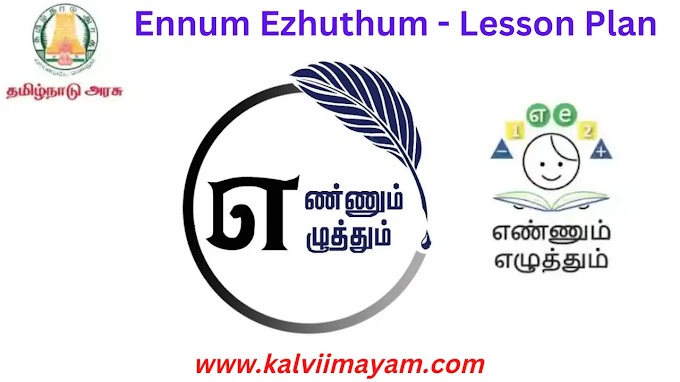Dear Teachers Send Your Study Materials, Question Papers & Answers to kalvisri.education@gmail.com
Join Our Whatsapp Group Click Here
10th Social Science | CIVICS Assignment Answers 2021
TN SCERT Full Answer Key
10th Social Science civics Assignment Answers. 10th Social Science TN SCERT Assignment Answers, 10th Social Science civics Unit 1 TN SCERT Answer key 2021. 10th Standard All Subject TN SCERT Assignment Unit 1 Answers. TN SCERT Announced 1st to 12th All Subject Assignment Worksheets for Unit 1. Students Can Note that 10th social Unit 1 TNSCERT Assignment. 10th Assignment Answers, 9th Tamil Assignment Answers download PDF. TNSCER Tamil Medium and English Medium.
10th Assignment Answers TN SCERT
10th Social Science | GEOGRAPHY TN SCERT Unit 1 Answers
- Class:10
- Subject: Social Science | CIVICS
- Indian Constitution
Part - A
I. CHOOSE THE CORRECT ANSWER:-
1. How many times does the Preamble of the Constitution of India has amended?
a) Once b) Twice c) Thrice d) Never
2 A foreigner can acquire Indian citizenship through ________
a) Descent b) Registration c) Naturalization d) All of the above
3. The basic Duties were accepted under in which amendment.
(a) 42 (b) 44 (c) 43 (d) 45
4. How can the Fundamental Rights be suspended
a) If the Supreme Court desires
b) If the Prime Minister orders to this effect
c) If the President orders it during the national emergency
d) All of the above
5. Find the odd one out
(a) Right to Equality b) Right against Exploitation
c) Right to Property d) Cultural and Educational Rights
Part - B
II. Short Answer :-
1.Write in short about Indian Constitution?
2.What are the procedures for obtaining citizenship?
3. List out the fundamental rights guaranteed by Indian Constitution.
Part - C
III. Answer in Detail
1. Explain the salient features of the Constitution of India.
Constitution is the set of rules framed by the Constituent Assembly by which we are governed and abide by it.
Salient features of Indian Constitution:
- It is the lengthiest of all the written Constitution in the world.
- It is partly rigid and partly flexible.
- Most of its provisions are borrowed from the Constitutions of various countries.
- It establishes a Federal system of government.
- It establishes Parliamentary system.
- It provides an independent Judiciary.
- It provides single citizenship.
- Introduces Universal Adult franchise, the right to vote to all citizens above the age of 18 without any discrimination.
- It makes special provision for minorities scheduled castes, Scheduled Tribes etc.
2. Write briefly on the Right to Constitutional Remedies.
- Article 32 of our Constitution deals with right to Constitutional remedies to safeguard other fundamental rights through writs.
- A Writ is an order or command issued by a court in writing under its seal.
- It is in the nature of a command or prohibition from performing certain acts that are specified in the order of the court.
- Both the Supreme court and the High courts are empowered to issue five kinds of writs namely – Habeas Corpus, Mandamus, Prohibition, Certiorari and Quo Warranto.
- According to Dr. B.R. Ambedkar Article 32 is “ the heart and soul of the Constitution”.
- “Supreme Court’ is called the “ Guardian of our Constitution”.
3. Mention the differences between Fundamental Rights and Directive Principles of State Policy.
- Derived from the Constitution of the U.S.A.
- Even the Government cannot take away or abridge these rights.
- These rights can be enforceable by law.
- The rights have legal sanctions.
- Strengthen the political democracy of the country.
- They are natural and basic rights.
- Drawn on the model of the Constitution of Ireland.
- These are mere instructions to the Government.
- They are not enforceable by law in any court.
- These directives have moral and political sanctions.
- Implementation of these principles ensures social and economic democracy.
- These lead to protect human rights.






வாசகர்களின் கருத்துக்களை அன்புடன் வரவேற்கின்றோம்.